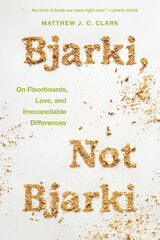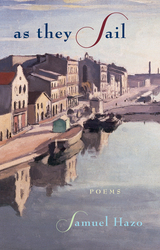
With each new collection of poems, Samuel Hazo explores themes of mortality and love, passion and art, courage and grace in a style that is unmistakably his own. In As They Sail, he writes with equal feeling and clarity about political and artistic figures and the complex synchronicity between life and art. He is extremely interested in the wonderment and discovery that emerges in the act of writing, in the movement toward wisdom that results from expression of feeling.
Questioning is always more important in his writing than answering. Hazo has the ability to accomplish what he attributes to another poet, Charles Causley, in “When Nothing’s Happening, Everything’s Happening”: “. . . the poems borne of his pen / . . . help us to feel what we think.” He is able to achieve this “felt thought” without any trace of self-absorption or sentimentality.
Whether Hazo is writing about Nixon, Hemingway, or Brando or simply about walking in France, he finds the essence of language that gives rise to an emotional response. In a time when poetry without emotion is praised and language is said to make sense simply because it exists on the page, Hazo’s clear voice and concern with the nature of love, time, change, and the meaning of the past is uniquely refreshing.
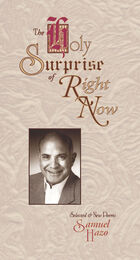
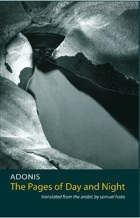
Restless and relentless, Adonis explores the pain and otherness of exile, a state so complete that absence replaces identity and becomes the exile's only presence. Exile can take many forms for the Arabic poet, who must practice his craft as an outsider, separated not only from the nation of his birth but from his own language; in the present as in the past, that exile can mean censorship, banishment, or death. Through these poems, Adonis gives an exquisite voice to the silence of absence.
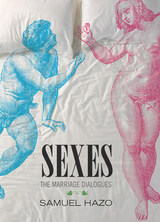
The poems in Samuel Hazo’s Sexes: The Marriage Dialogues are concerned with how husbands and wives confront each other at life’s various intersections—sometimes casually, sometimes profoundly. It is at these points that the most interesting differences in gender reveal themselves. From the first poem (“Banterers”) to the last (“Ballad of the Old Lovers”) Hazo’s attuned ear picks up quotidian conversational exchanges, but the words are never window dressing. They hint at inevitable insights and misunderstandings born out of conjugal love. Each poem is a vignette of the moving and surprising moments that are married life.
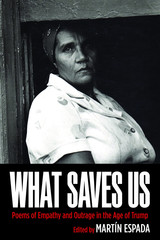
This is an anthology of poems in the Age of Trump—and much more than Trump. These are poems that either embody or express a sense of empathy or outrage, both prior to and following his election, since it is empathy the president lacks and outrage he provokes.
There is an extraordinary diversity of voices here. The ninety-three poets featured include Elizabeth Alexander, Julia Alvarez, Richard Blanco, Carolyn Forché, Aracelis Girmay, Donald Hall, Juan Felipe Herrera, Yusef Komunyakaa, Naomi Shihab Nye, Marge Piercy, Robert Pinsky, Danez Smith, Patricia Smith, Brian Turner, Ocean Vuong, Bruce Weigl, and Eleanor Wilner. They speak of persecuted and scapegoated immigrants. They bear witness to violence: police brutality against African Americans, mass shootings in a school or synagogue, the rage inflicted on women everywhere. They testify to poverty: the waitress surviving on leftovers at the restaurant, the battles of a teacher in a shelter for homeless mothers, the emergency-room doctor listening to the heartbeats of his patients. There are voices of labor, in the factory and the fields. There are prophetic voices, imploring us to imagine the world we will leave behind in ruins lest we speak and act.
However, this is not merely a collection of grievances. The poets build bridges. One poet steps up to translate in Arabic at the airport; another walks through the city and sees her immigrant past in the immigrant present; another declaims a musical manifesto after the hurricane that devastated his island; another evokes a demonstration in the street, shouting in an ecstasy of defiance. The poets take back the language, resisting the demagogic corruption of words themselves. They assert our common humanity in the face of dehumanization.
READERS
Browse our collection.
PUBLISHERS
See BiblioVault's publisher services.
STUDENT SERVICES
Files for college accessibility offices.
UChicago Accessibility Resources
home | accessibility | search | about | contact us
BiblioVault ® 2001 - 2024
The University of Chicago Press




